On Sunday, September 22, California Governor Gavin Newsom signed SB 1053, a landmark bill that will ban plastic grocery bags across the state starting January 1, 2026. This move is part of California’s ongoing effort to reduce plastic waste and pollution, but it comes with financial implications for consumers. As plastic bags are phased out, those who forget to bring their own reusable bags will be forced to buy paper bags at checkout, increasing costs for shoppers already grappling with high grocery bills.
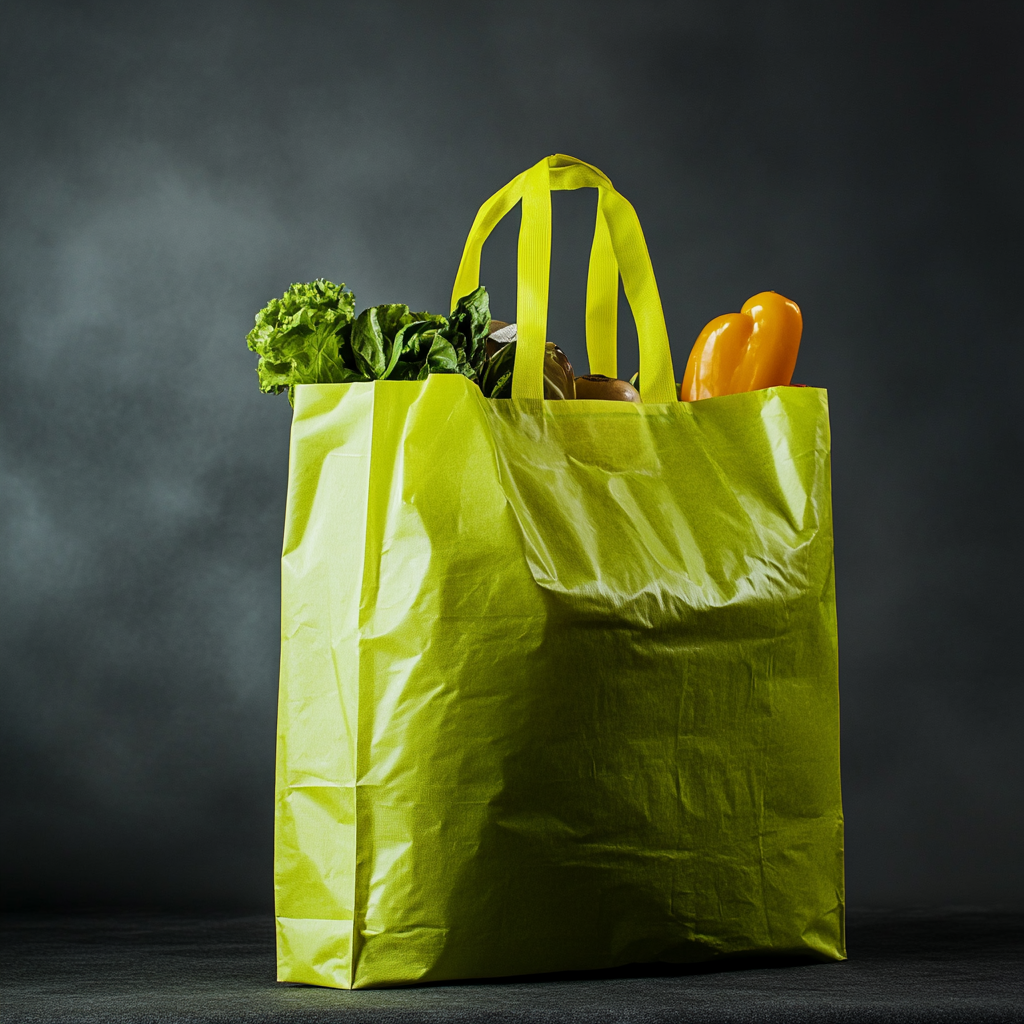
The new law builds on previous regulations passed by California voters in 2016, which banned single-use plastic bags. However, thicker plastic bags, labeled as reusable, were still allowed under certain conditions. SB 1053 closes that loophole by banning all plastic grocery bags, including the thicker varieties. Paper bags will be allowed, but they must meet higher recycling standards, and stores will charge customers at least 10 cents for each one.
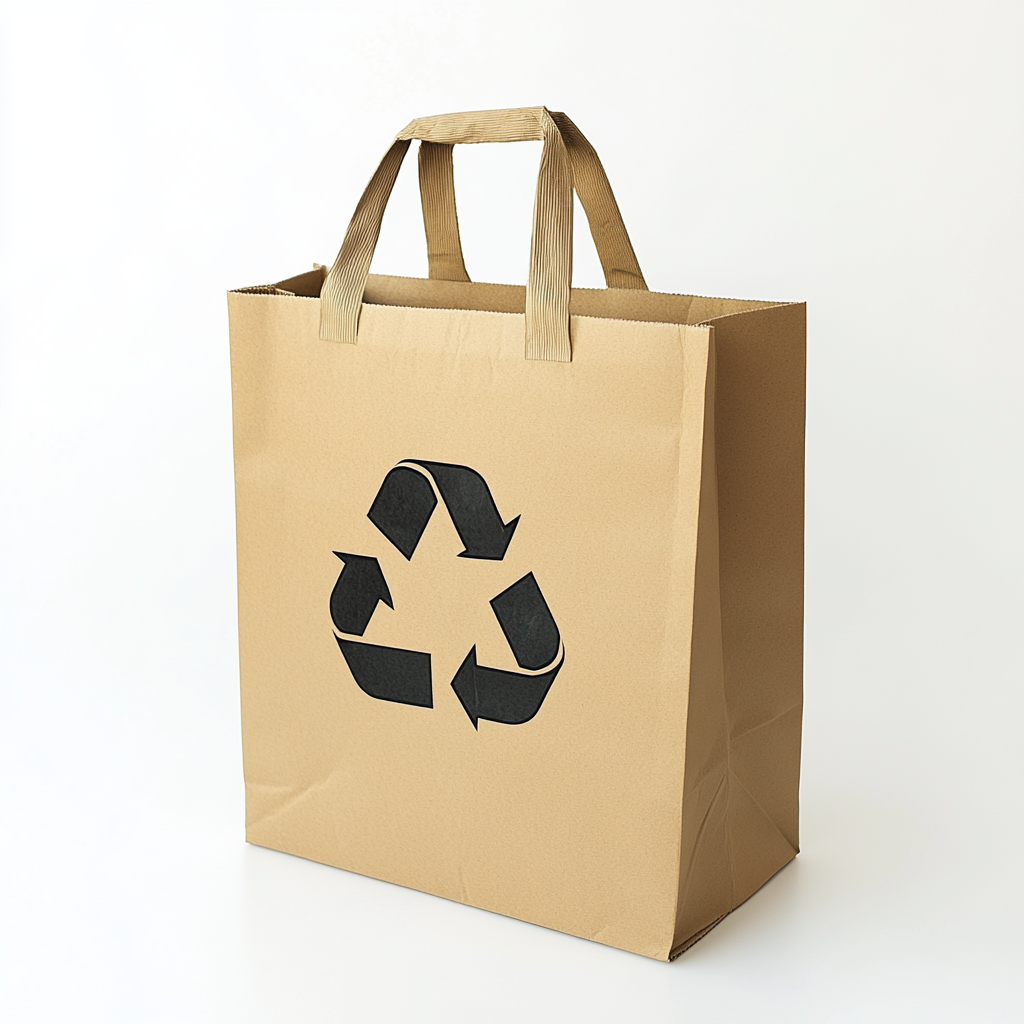
This shift may seem minor, but for shoppers who forget their reusable bags, the added costs could accumulate. Paper bags, which will be required to contain 50% recycled materials by 2028, are more expensive to produce than plastic bags. Stores pass that cost on to customers, meaning even a few forgotten bags could add up over time. With grocery prices already at record highs due to inflation and supply chain issues, any additional expense can hit families hard.
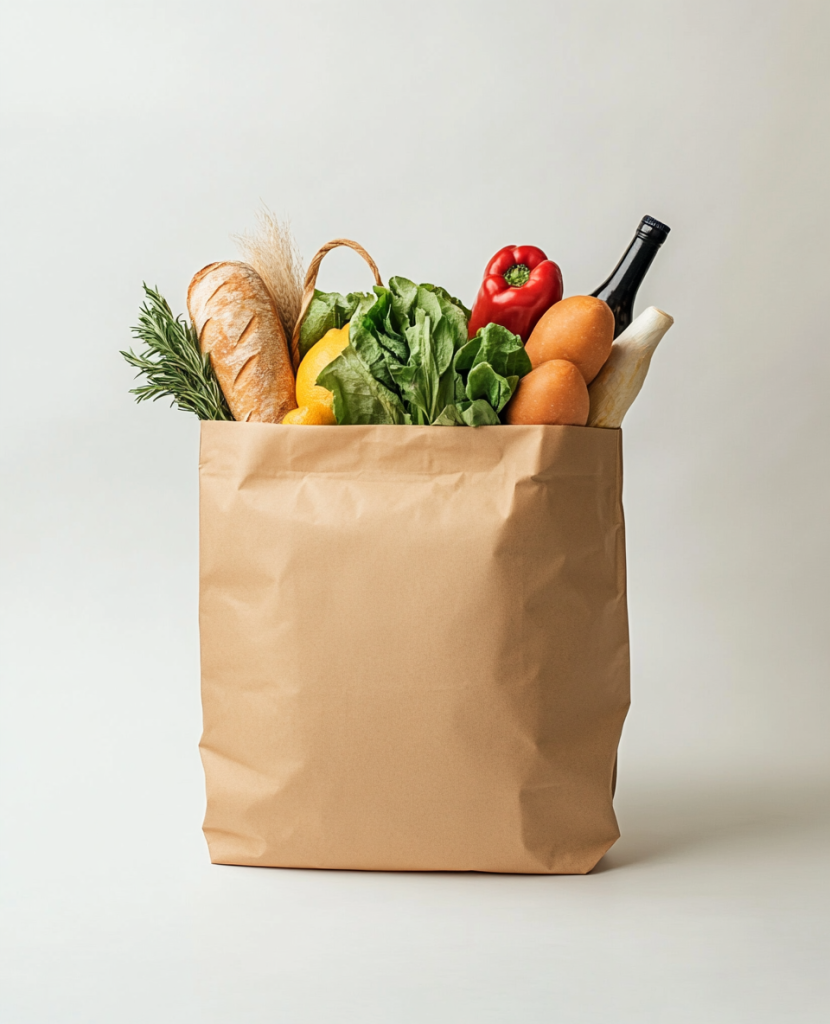
For many Californians, the rising cost of food has already stretched household budgets to the limit. With this new law, even small expenses like paying 10 or 20 cents for paper bags at checkout could become yet another burden. For a large family doing weekly grocery shopping, forgetting reusable bags could result in several dollars added to their bill. Over a year, these extra charges could amount to hundreds of dollars, all because of a forgotten reusable bag.

Governor Newsom and supporters of the bill argue that this change will encourage Californians to adopt more sustainable shopping habits. The goal is to reduce reliance on disposable bags altogether, whether plastic or paper, and push people toward reusable options. While this may work for some, critics point out that not everyone will remember to bring their own bags every time they shop, especially with busy lifestyles and frequent stops for groceries.
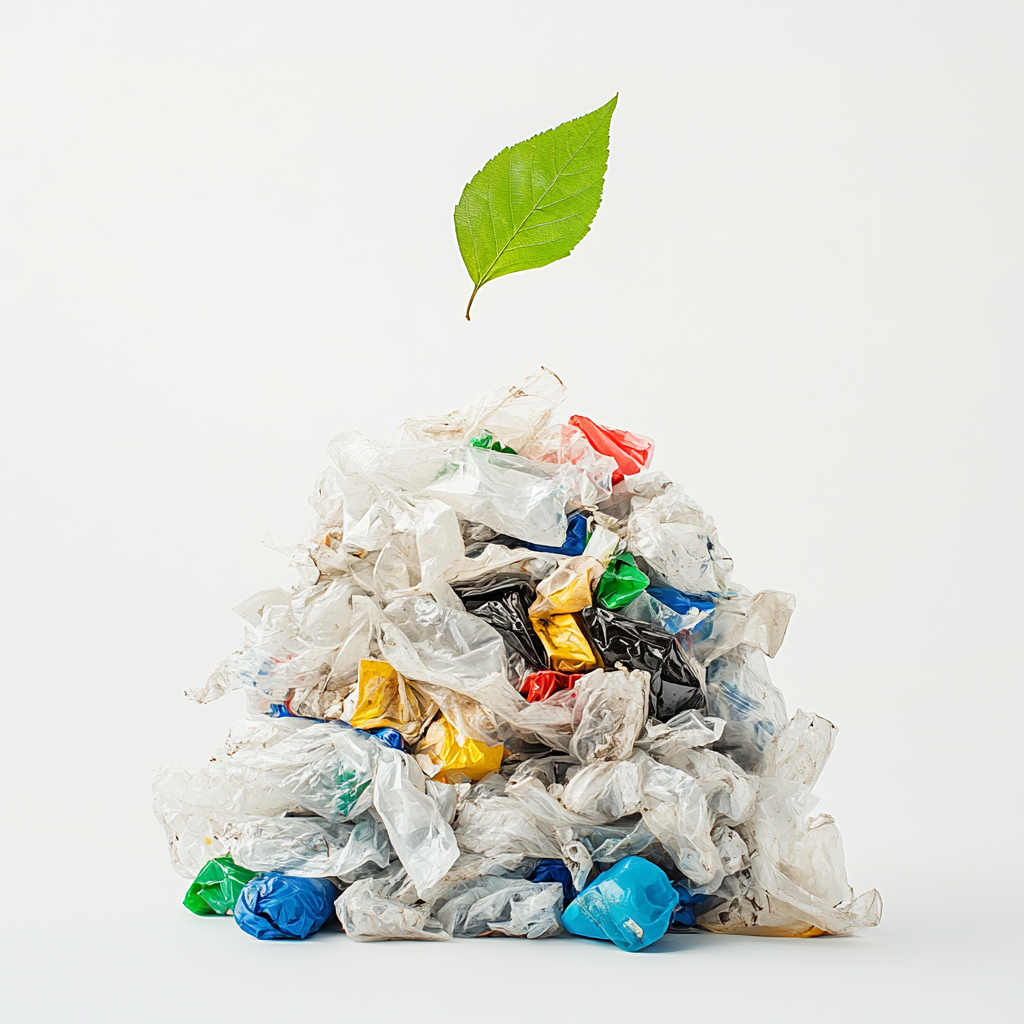
Beyond the financial cost to consumers, environmental advocates argue that this law is necessary to address California’s growing plastic pollution problem. Even though the thicker plastic bags were intended to be reused, many consumers still treated them as disposable. As a result, plastic waste continued to pile up in landfills, waterways, and oceans. The ban on plastic bags, they say, will reduce this pollution and push the state closer to its sustainability goals.
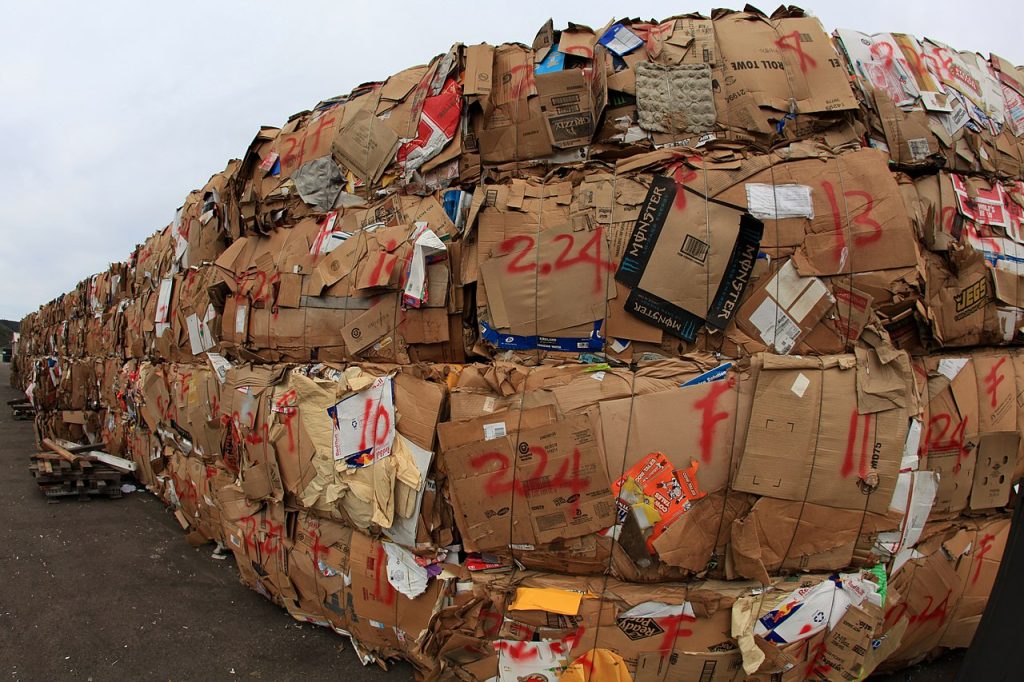
However, the transition may not be smooth. Shoppers accustomed to free plastic bags or inexpensive thicker bags might resist the switch to reusable ones. Moreover, paper bags, while more environmentally friendly than plastic, still come with their own environmental costs in terms of production and recycling. Critics argue that simply charging for bags isn’t enough to change behaviors quickly or ease the environmental burden.
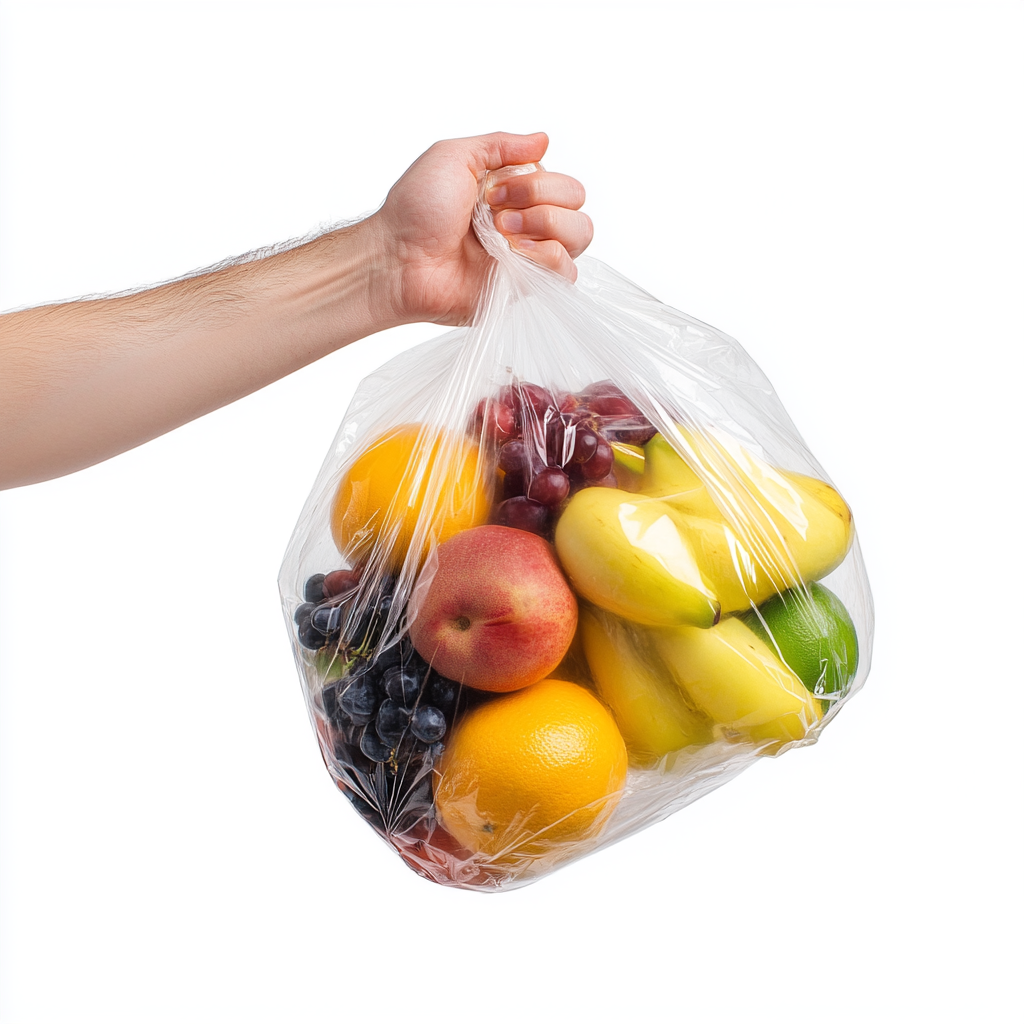
Retailers, too, face challenges. They will need to invest in larger stocks of paper bags, which are bulkier and more expensive to store and transport. Many stores may also need to train employees on new protocols for charging customers and handling different bag options. While these changes are manageable, they add to the complexity and cost of running a business during an already challenging economic time for retailers.

Low-income shoppers could be hit hardest by the new law. Although the law does allow stores to provide free paper bags to customers using government assistance, such as WIC or EBT cards, the majority of shoppers will still need to pay. Advocates for low-income families worry that even small costs like bag fees could add to the financial stress on households already struggling to make ends meet in a high-cost state like California.
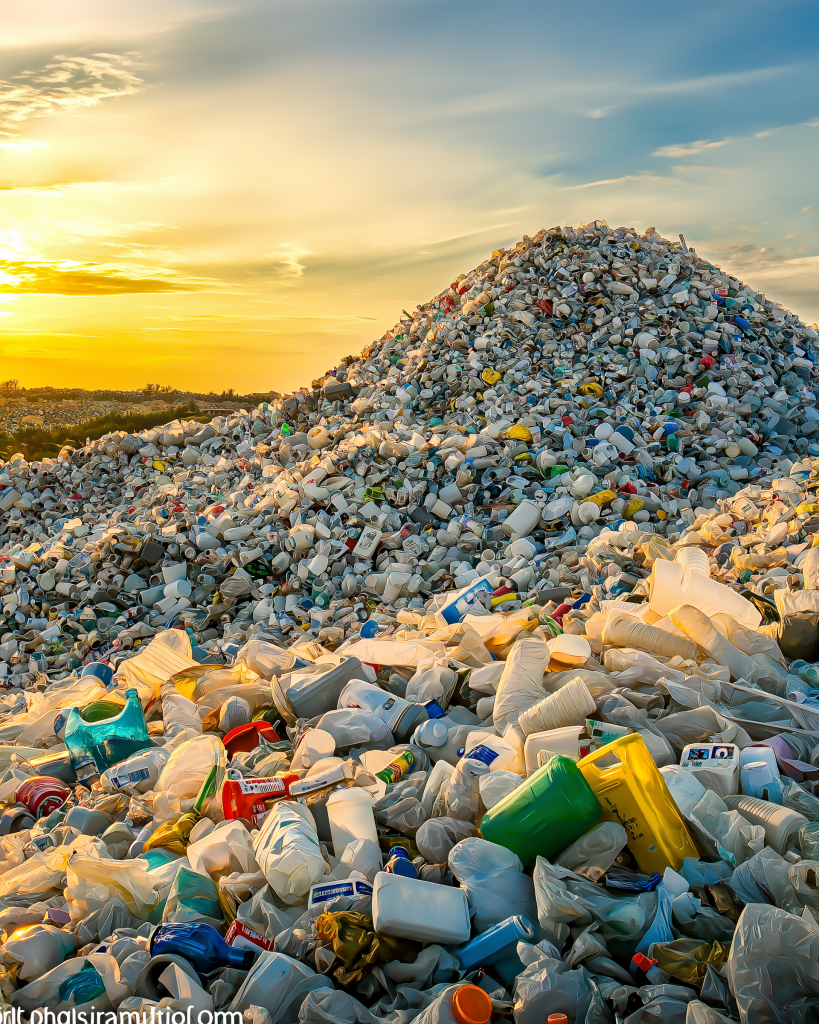
Ultimately, SB 1053 represents a step forward in California’s battle against plastic pollution, but it may come at the expense of shoppers. As the cost of groceries continues to rise, paying for paper bags could feel like one more financial strain for families. While the law is designed to encourage the use of reusable bags, the immediate impact for many Californians may be the unwelcome addition of extra charges at the checkout counter.






